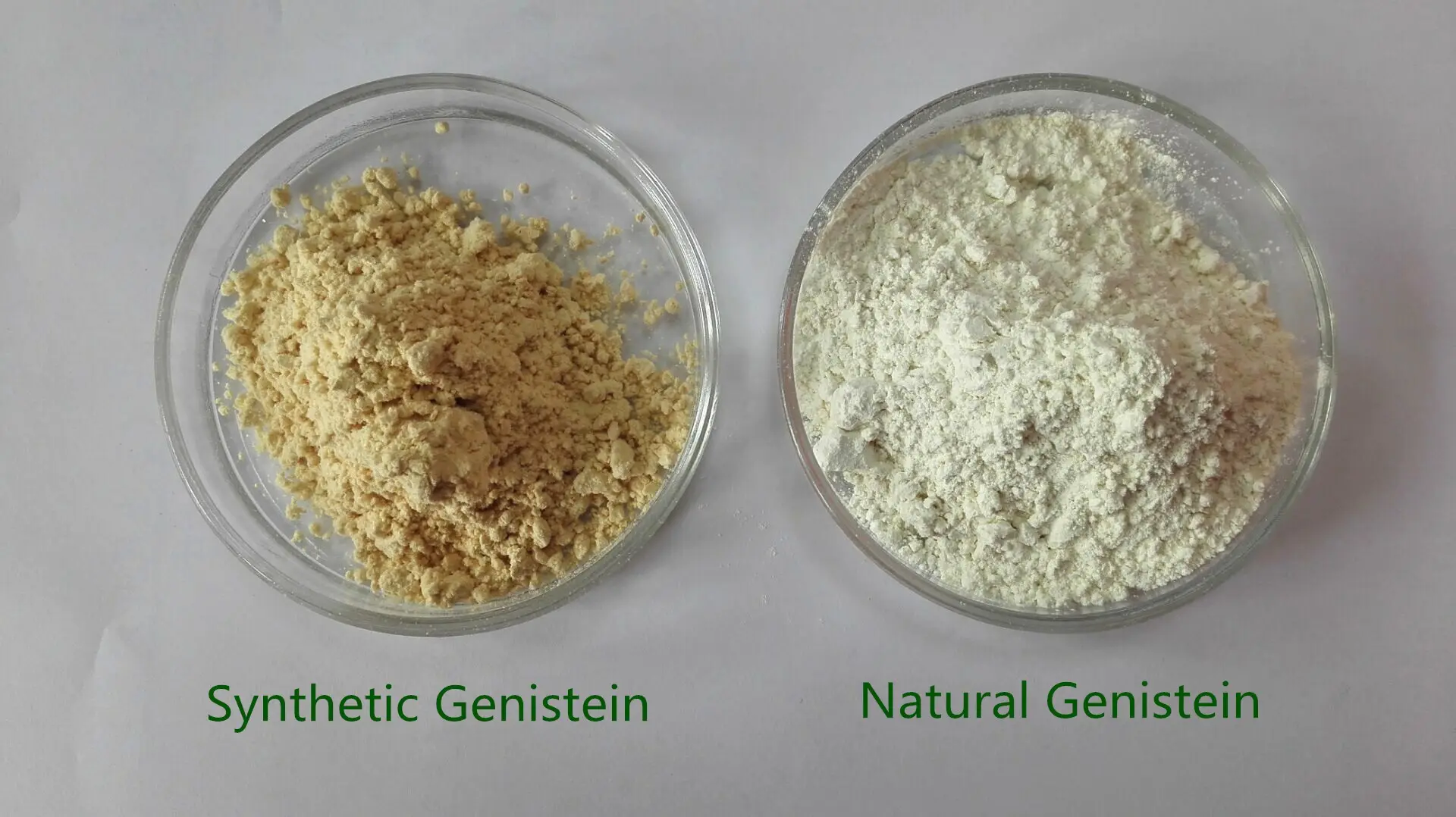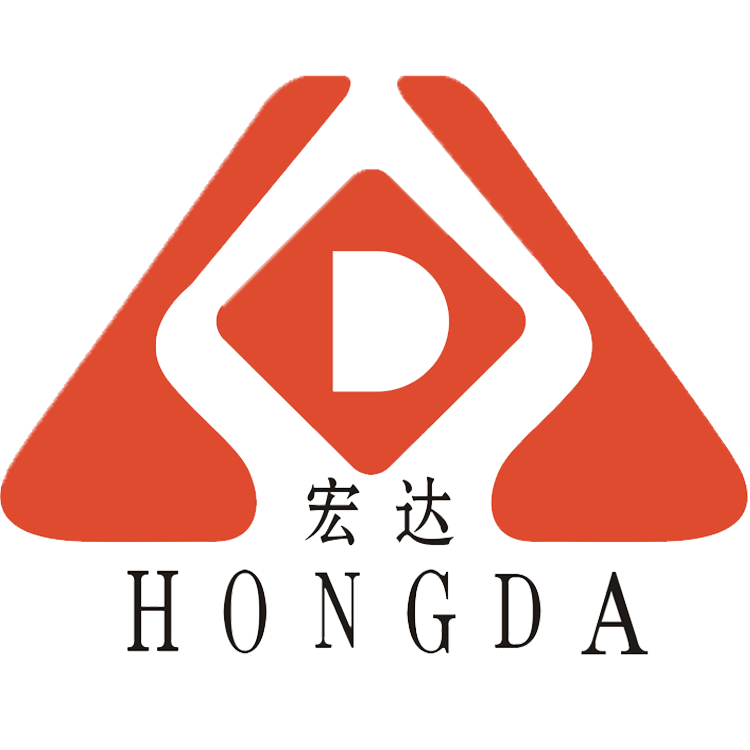Genistein powder, also known as genistein, is a polyphenolic compound extracted from Sophora japonica. Genistein is a phytoestrogen and a super antioxidant that can protect deoxyribonucleic acid (DNA) and prevent cell Oxidative damage and mutation can help prevent the development of heart disease caused by cholesterol oxidation, induce programmed cell death, improve the efficacy of anti-tumor drugs, and inhibit cardiovascular diseases, etc. Genistein from sophora japonica has a wide range of clinical applications.

What Are the Benefits of Genistein?
1. Genistein and cardiovascular disease
Best genistein can significantly reduce the incidence of cardiovascular diseases. Its antioxidant capacity can effectively reduce cholesterol, inhibit low-density lipoprotein oxidation, improve cell peroxidation caused by hyperlipidemia, remove cholesterol in the body, and inhibit the proliferation of smooth muscle cells and angiogenesis to reduce the risk of cardiovascular disease;
2. Genistein and the nervous system
Genistein powder has the effect of promoting brain nerve regeneration and cerebral coma, preventing brain cell degeneration and brain cell necrosis, passing through the blood-brain barrier, affecting brain cell membrane Ca++ receptors, and reducing the occurrence of stroke, cerebral hemorrhage and cerebral infarction;
3. Lignin and tumor diseases
The super antioxidant properties of genistein extract can inhibit the activity of tyrosine kinase, regulate the interaction between estrogen and anti-estrogen, block cell lesions, induce tumor cell apoptosis, reduce tumor angiogenesis, and effectively prevention of tumor diseases;
4. Genistein and anti-radiation
Genistein is an effective inhibitor of protein tyrosine kinase activity, has dual effects of anti-oxidation and anti-estrogen, can resist the radiation of ultraviolet rays and electronic blue light, and reduce damage to the brain
5. Genistein and menopausal syndrome
Natural genistein has weak estrogen activity, which can supplement the lack of estrogen in the body and prevent female menopausal syndrome.
6. Genistein and bacterial infection
The antibacterial mechanism of genistein from Sophora japonica extract is to destroy the integrity of cell wall and cell membrane, inhibit the TCA cycle pathway and protein synthesis, clear the environment for bacterial growth, inhibit the growth of various bacteria, and effectively relieve various bacterial infections. Disease infection.
Genistein protects against myocardial ischemia:
The protective effect of genistein on myocardial hypoxic injury, and its mechanism of action were preliminarily discussed, so as to provide experimental basis for the application of genistein in cardiovascular diseases.
Methods: (1) Protective effect of genistein on isoproterenol-induced acute myocardial ischemia in SD rats: 60 healthy SD rats were adaptively fed with common diet for 1 week and randomly divided into normal, model, positive drug and The six groups of genistein (low, medium and high doses) were administered by intragastric administration for 7 days, once a day. Rats were given Compound Danshen Dripping Pills (85 mg/kg), and rats in the genistein protection group were given different doses of genistein (7.5, 15, 30 mg/kg); The rats in the 5 groups were then subcutaneously injected with isoproterenol at multiple points for 3 consecutive days to establish the acute myocardial ischemia-hypoxic injury model of SD rats. BL-420F biological function experiment system was used to record synchronously the lead Ⅱ electrocardiogram of the rats after the last injection of isoproterenol, and analyze the changes of T wave amplitude, J point position and heart rate. Then, blood was collected from the apex of the heart, and serum was prepared, and lactate dehydrogenase (LDH), creatine kinase (CK), malondialdehyde (MDA), and superoxide dismutation in rat serum were detected with an ultraviolet-visible spectrophotometer according to the kit instructions. Enzyme (SOD) activity. Finally, the myocardial tissue and thoracic aorta in the middle and lower 1/3 of the rat heart were freed, fixed with 10% formaldehyde, embedded in paraffin, serially sectioned, routinely stained with he, and observed the changes of pathological tissue under an electron microscope. (2) Protective effect of genistein on hypoxic injury of h9c2 rat cardiomyocytes induced by cobalt dichloride: firstly, the culture was stimulated with different concentrations of cobalt dichloride (0, 200, 400, 600, 800, 1000 μm) h9c2 rat cardiomyocytes at different times (0, 6, 12, 24, 48 h), the cell viability was detected by mtt method, and the hypoxia-inducible factor hif-1α and apoptosis-related proteins bax, bcl- 2. Expression of caspase-3. The optimal treatment concentration and treatment time of cobalt dichloride were selected based on the main reference index of small cell damage but high expression of hif-1α protein. Then the cultured h9c2 rat cardiomyocytes were pretreated with different concentrations of genistein (0, 50, 100, 150, 200 μm) for different times (0, 0.5, 4, 8 h), and then the above-mentioned optimal concentration and optimal The cells were stimulated with cobalt dichloride for a certain time, and then the cell viability and the protein expression of hif-1α, notch1, bax, bcl-2, and caspase-3 in each group of cells were detected. Results: (1) Genistein can improve the electrocardiographic injury in rats with isoproterenol-induced acute myocardial ischemia, increase the t-wave amplitude, reduce the j-point deviation, and slow down the heart rate; It can increase the level of ldh, ck and mda, increase the activity of sod, and inhibit the oxidative stress injury of rats induced by isoproterenol; it can also reduce the cardiac index and improve the lesion degree of myocardial tissue of rats induced by isoproterenol.
(2) Using 400μmol/l cobalt dichloride for 24 hours can construct the best h9c2 rat cardiomyocyte hypoxia model. At this time, the cell damage is small but the expression of hif-1α protein is high, which is used for the injury conditions of subsequent experiments.
(3) Pre-administration of genistein can reduce the expression of HIF-1α protein in H9c2 rat cardiomyocytes, increase the expression of Notch1 protein, and has a protective effect on the hypoxic injury of H9c2 rat cardiomyocytes induced by cobalt dichloride; genistein also It can intervene the apoptosis of H9c2 rat cardiomyocytes induced by cobalt dichloride stimulation, reduce the expression of Bax and Caspase-3 proteins in the cells, increase the expression of Bcl-2 protein, and increase the ratio of Bcl-2/Bax.
Conclusions: (1) Genistein protects SD rats from acute myocardial ischemia and hypoxia injury induced by isoproterenol by improving electrocardiographic function and anti-oxidative stress injury.
(2) Genistein can interfere with the hypoxic injury of H9c2 rat cardiomyocytes induced by cobalt dichloride, and its mechanism may be related to regulating the expression of apoptosis-related proteins by down-regulating HIF-1α protein and up-regulating Notch1 protein.


